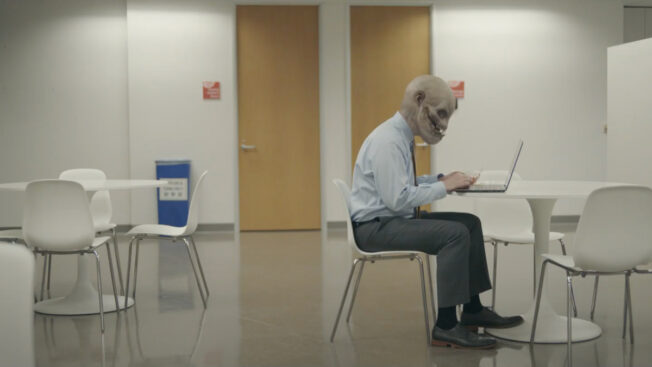Inspiration meets innovation at Brandweek, the ultimate marketing experience. Join industry luminaries, rising talent and strategic experts in Phoenix, Arizona this September 23–26 to assess challenges, develop solutions and create new pathways for growth. Register early to save.
[Sensitive content: This article mentions sexual assault]
There’s a monster hiding in plain sight, representing every parent’s worst fear when giving their kid access to the internet. But many tech companies pretend this menace doesn’t exist.
A new campaign from nonprofit ChildFund, created by social impact agency WRTHY, underscores the threat of online child sexual exploitation while criticizing the companies that have ignored it.
The ad depicts a monster, inspired by victim drawings, that occasionally pops out from under the guise of a man leading a seemingly normal life.

WORK SMARTER - LEARN, GROW AND BE INSPIRED.
Subscribe today!
To Read the Full Story Become an Adweek+ Subscriber
Already a member? Sign in

